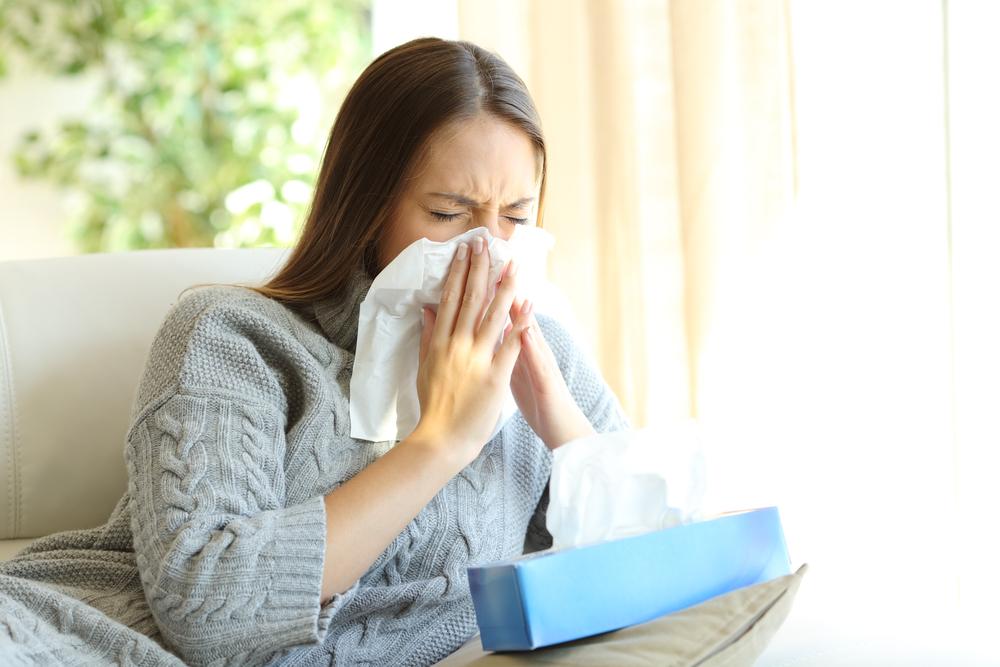Understanding Nasal Polyps: Symptoms, Causes, and Treatment Options
This article provides an overview of nasal polyps, highlighting symptoms, causes, and effective management strategies. Recognizing early signs like nasal congestion, loss of smell, and facial pain can lead to prompt treatment. Although the exact cause remains unclear, conditions like asthma and allergies increase the risk. Management includes good hygiene, avoiding pollutants, controlling underlying health issues, and nasal hygiene practices. Consulting a healthcare professional is essential for accurate diagnosis and effective treatment. Prevention and proper care can improve quality of life for those affected.

Understanding Nasal Polyps: Symptoms, Causes, and Treatment Options
Nasal polyps are soft, painless growths that develop on the lining of the nasal passages or sinuses, often resembling teardrops or grapes. Typically benign, these polyps can affect anyone but are more prevalent among adults. While painless, their presence can block airflow, causing breathing difficulties and a reduced sense of smell. They are also linked to increased sinus infections. Recognizing symptoms early is important for effective management and relief.
Signs and Symptoms to Watch For
If sinus irritation persists for over 12 weeks, you might notice these symptoms:
Persistent nasal congestion or runny nose
Postnasal drip
Reduced or lost sense of taste
Loss of smell
Facial pain or headaches
Discomfort in upper teeth
Frequent nosebleeds
Snoring
Facial or forehead pressure
Many of these symptoms overlap with sinus infections or colds, so consulting a healthcare professional for diagnosis is crucial. Immediate attention is necessary if breathing becomes difficult.
What Causes Nasal Polyps?
The exact cause of nasal polyps remains unknown. It is believed that immune responses and inflammation in the nasal mucous membranes play a role. Swelling occurs as a part of chronic inflammation, which some individuals are more prone to due to underlying health issues.
Factors increasing risk include:
Asthma
Allergic fungal sinusitis
Cystic fibrosis
NSAID sensitivity (e.g., aspirin)
Vitamin D deficiency
Churg-Strauss syndrome
People with these conditions often experience irritation and swelling in the nasal passages over time, potentially leading to polyp formation.
Strategies for Managing Nasal Polyps
Maintain Hygiene: Good personal hygiene helps reduce infection risks that may exacerbate nasal inflammation.
Avoid Air Pollutants: Limiting exposure to cigarette smoke, dust, and fumes minimizes nasal irritation.
Control Underlying Conditions: Proper management of asthma, allergies, or other related health issues can prevent worsening symptoms.
Use Humidifiers: Keeping the air moist aids mucus flow. Regularly cleaning humidifiers prevents bacterial growth.
Nasal Cleansing: Saline nasal sprays or rinses, such as neti pots, help clear blockages. Consult your doctor before starting nasal hygiene routines.
Always seek medical advice before implementing any treatments, especially if you have allergies or other health concerns. Lifestyle or medication changes should be made under professional guidance.









